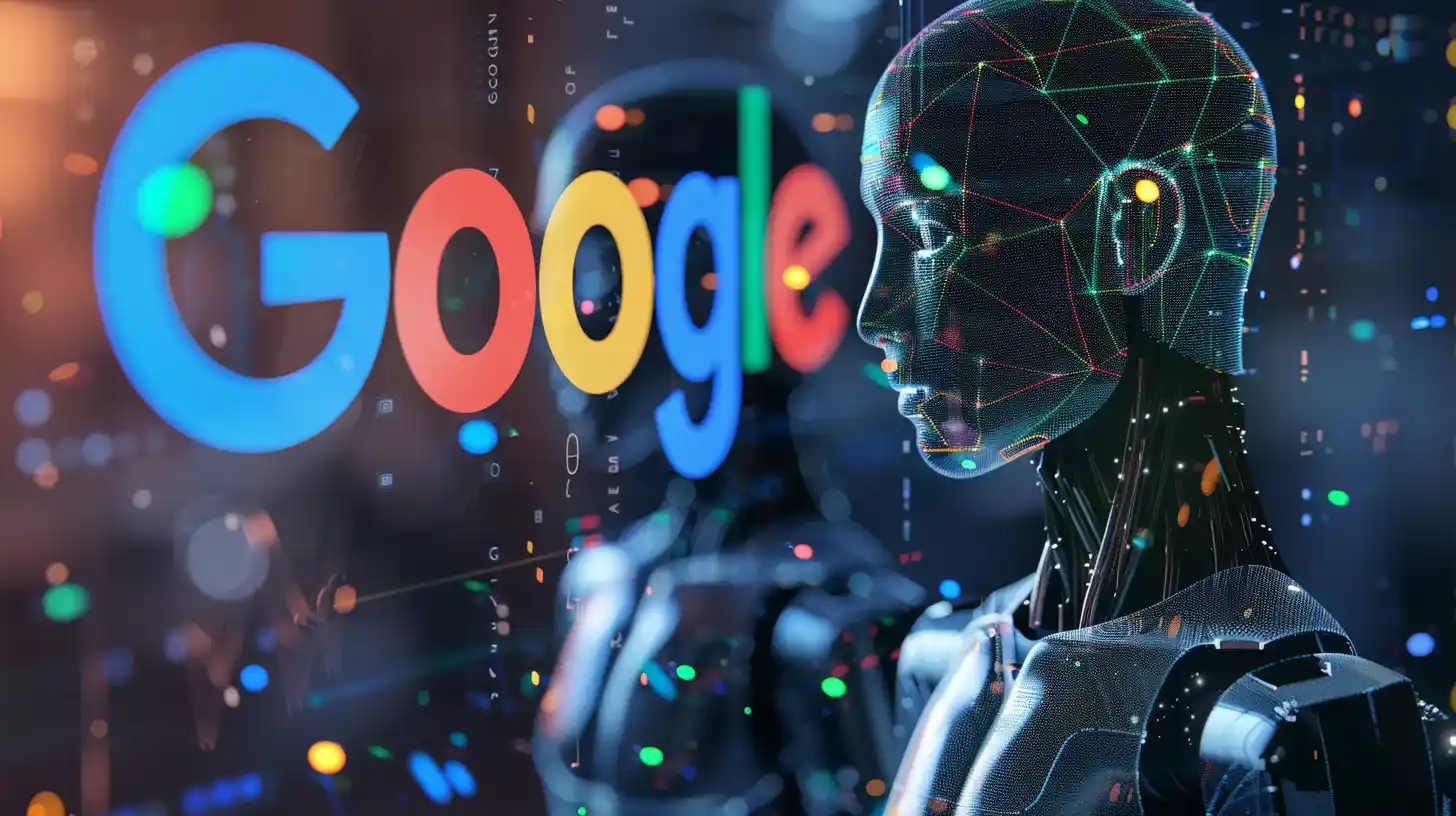Table of Contents
Overview of Google org Accelerator: Generative AI
Google org, the charitable arm of Google, is spearheading a groundbreaking initiative aimed at supporting nonprofits that are harnessing the power of generative artificial intelligence (AI) to drive social impact.
The program, aptly named Google org Accelerator: Generative AI, is backed by $20 million in grants and will initially include 21 nonprofits, with plans for further expansion. Among the participants are notable organizations such as Quill.org and the World Bank, each working on innovative projects leveraging AI to address pressing societal challenges.
Support Offered by the Accelerator Program
Nonprofits selected for the six-month accelerator program will not only receive financial grants but also gain access to a comprehensive support system. This includes technical training, workshops, mentorship, and guidance from seasoned professionals.
Each participating nonprofit will also be assigned an “AI coach” to provide personalized assistance throughout the duration of the program. Additionally, through the Google org fellowship program, teams of Google employees will collaborate with select nonprofits to help bring their generative AI tools to fruition.
Spotlight on Participating Nonprofits
Several standout organizations are poised to make significant strides through the Google Org Accelerator: Generative AI program. Tarjimly aims to use AI to bridge language barriers for refugees, while Benefits Data Trust is developing AI-powered assistants to aid caseworkers in supporting low-income applicants.
mRelief is focused on streamlining the U.S. SNAP benefits application process through its innovative tool. These initiatives showcase the diverse applications of generative AI in addressing real-world challenges and improving outcomes for underserved communities.
Impact of Generative AI on Social Impact Efforts
Annie Lewin, director of global advocacy at Google org, emphasizes the transformative potential of generative AI for social impact organizations. She notes that AI technologies enable nonprofits to enhance productivity, foster creativity, and achieve their goals more efficiently.
Lewin cites Google org survey findings, which indicate that AI can help nonprofits achieve their objectives in significantly less time and at reduced costs compared to traditional methods.

Addressing Barriers to AI Adoption in the Nonprofit Sector
Despite the evident benefits of AI innovation, nonprofits face several barriers to adopting and implementing generative AI solutions. Cost, resource constraints, and lack of awareness and training are among the key challenges cited by organizations. Google org is committed to overcoming these obstacles by providing funding, technical support, and capacity-building opportunities to empower nonprofits to leverage AI effectively.
Emerging Trends in Nonprofit AI Innovation
The nonprofit sector’s burgeoning interest in AI is evident in recent trends. Accelerator programs such as Fast Forward note a marked increase in AI-focused nonprofit applicants, signaling a growing inclination to harness technology for social good.
Furthermore, organizations globally are prioritizing ethical approaches to AI deployment, guaranteeing responsible and ethical utilization for maximum positive impact.
This concerted effort reflects a commitment to leveraging AI’s potential while ensuring it aligns with humanitarian values and contributes meaningfully to societal advancement.
Conclusion
Google’s commitment to supporting nonprofits leveraging generative AI underscores the organization’s dedication to driving positive social change through technology.
By providing funding, resources, and strategic guidance, Google org is empowering nonprofits to harness the full potential of AI to address complex societal challenges and improve the lives of millions around the world.
As the nonprofit sector continues to embrace AI innovation, the potential for transformative impact is boundless, ushering in a new era of social change driven by technology and collaboration.





